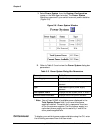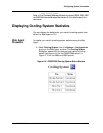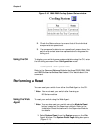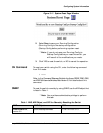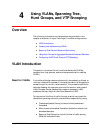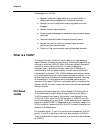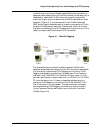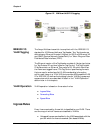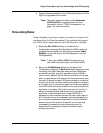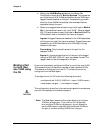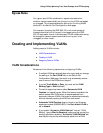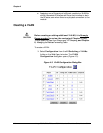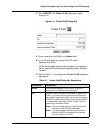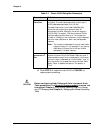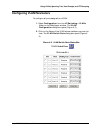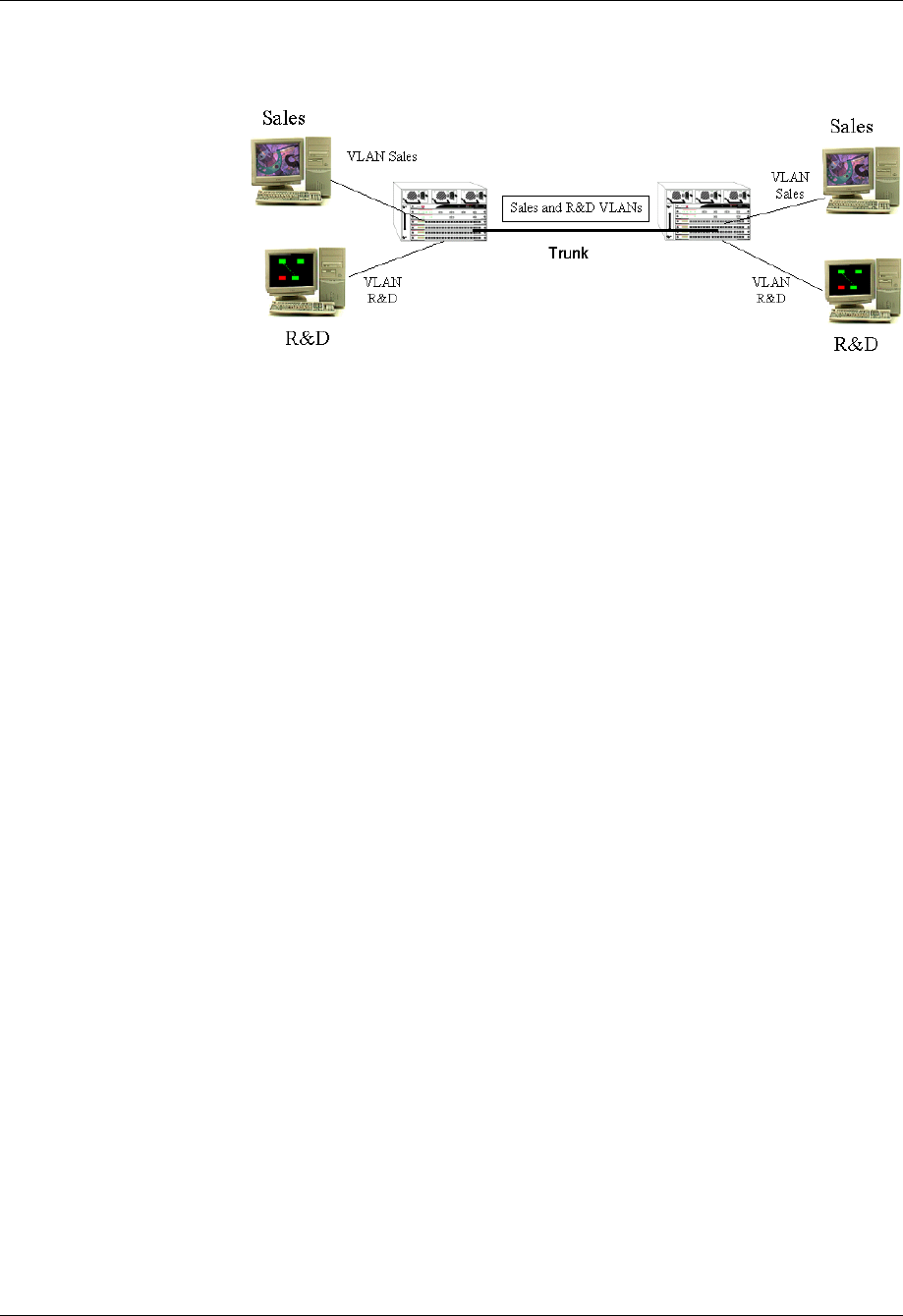
4-4 Avaya P550R, P580, P880, and P882 Multiservice Switch User Guide, Version v5.3.1
Chapter 4
Figure 4-2. VLANs with 802.1Q tagging
IEEE 802.1Q
VLAN Tagging
The Avaya Multiservice switch is compliant with the IEEE 802.1Q
standard for VLANs and defines a Tag Header. Two Tag formats are
defined as an Ethernet Encoded (4 bytes) for 802.3 and Ethernet V2
and SNAP (Service Network Access Point) for Token Ring and Fiber
Distributed Data Interface (FDDI).
The Ethernet version of the Tag Header consists of 4 bytes, two bytes
for Tag Protocol ID and two bytes for Tag Control. The Tag Protocol
ID bytes contain an Ethernet Type value of 81-00 which identifies
the frame as a tagged frame. The Tag Control specifies tag formats
that are used to embed explicit VLAN membership information
within each frame in a 12-bit VID that provides 4094 possible VLAN
ID’s. IEEE 802.1Q defines the bridging rules for VLANs (ingress and
egress rules which are described in detail in the "VLAN Operation"
section later in this chapter).
VLAN Operation VLAN operation is based on three sets of rules:
■ Ingress Rules
■ Forwarding Rules
■ Egress Rules
Ingress Rules
Every frame received by the switch is classified to one VLAN. There
are two ways in which frames are classified to VLANs:
■ Untagged frames are classified to the VLAN associated with the
port on which the frame is received (Port-based VLANs).



